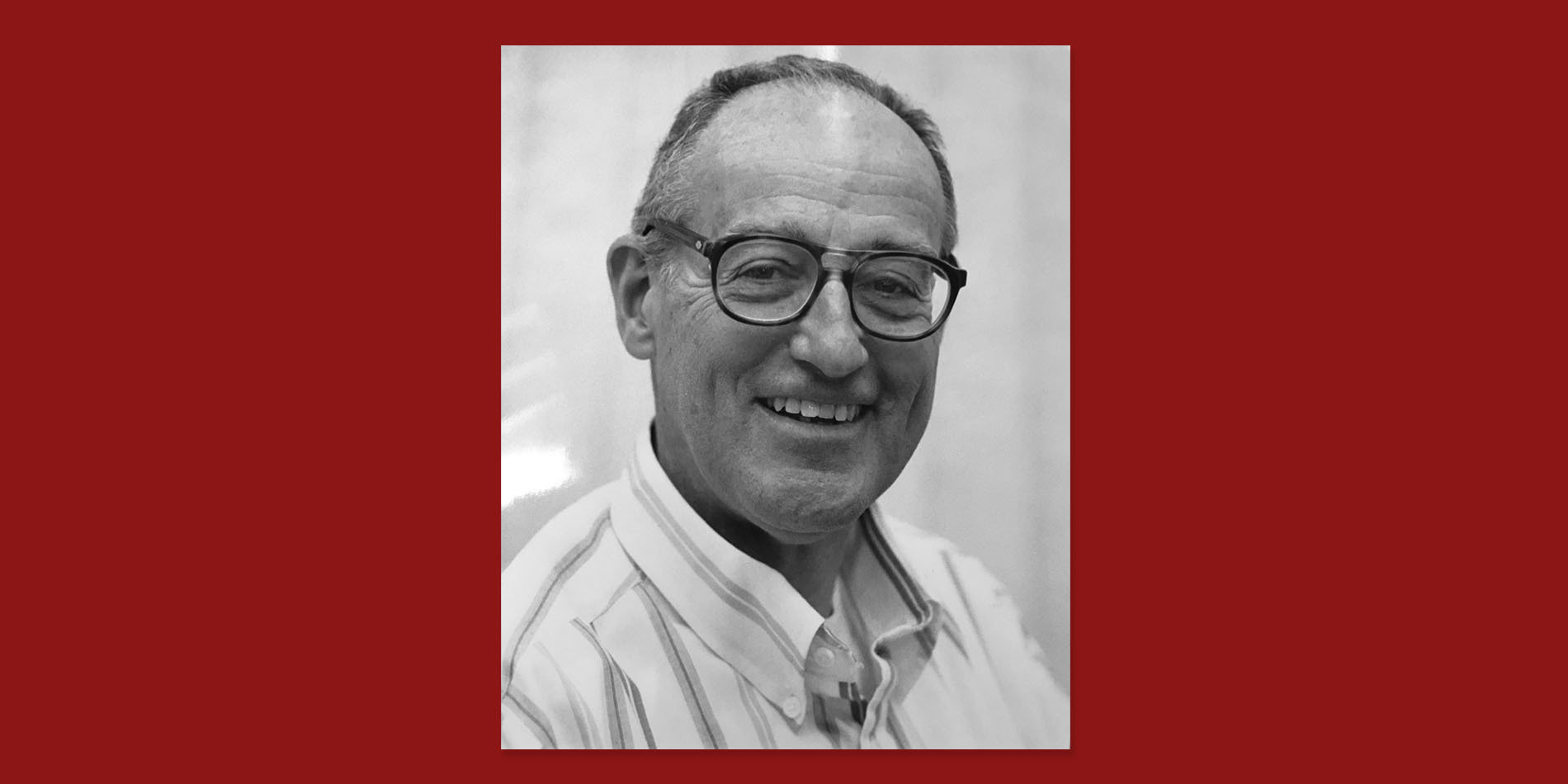Daniel B. DeBra, expert in precision control systems, has died at 91
Daniel B. DeBra, the Edward C. Wells Professor of Engineering, Emeritus, at Stanford University and an expert in precision control systems of aircraft, satellites, and spacecraft, particularly “drag-free” satellites, died December 3, 2021, at his home in Los Altos, California. He was 91.
DeBra’s (pronounced de-BRAY) work was crucial to the development of the drag-free satellite, a precursor of the relativity-confirming gyroscope. He contributed to Gravity Probe-B and the Laser Interferometer Gravitational-wave Observatory (LIGO), both of which demanded gyroscopic and other instrumentation of exquisite precision and accuracy. DeBra’s nested platform, built for LIGO, was said to be so stable it varied no more than an atom’s width relative to the surface of Earth.
“Drag-free satellites were essential to the success of both NASA/Stanford’s Gravity Probe B and the European Space Agency’s GOCE spacecraft missions, and Dan’s work was integral to both,” said Charbel Farhat, the Vivian Church Hoff Professor of Aircraft Structures and the James and Anna Marie Spilker Chair of the Department of Aeronautics and Astronautics at Stanford.
Such precision was necessary to account for subtle physical forces, such as tidal stretching of Earth’s crust, vibrations of passing trucks and trains, earthquakes, and even gravitational pull of faraway objects. The drag-free satellite hosted gyroscopes capable of unprecedented astronomical measurements that were “seven or eight orders of magnitude” beyond what the state-of-the-art gyroscopes were capable of on the ground at the time, DeBra once noted.
Those precision measurements were foundational in confirming Einstein’s theory, posited a century earlier, that gravitational waves ripple across the space-time fabric of the universe. The effect of a gravitational wave on LIGO’s sensors was said to be only about one-thousandth the diameter of an atomic nucleus. On that project, DeBra was responsible for hydraulic and electromagnetic damping systems that adjusted LIGO’s mirrors to compensate for imperceptible and easily overlooked forces that would otherwise have wrought havoc on interstellar measurements.
“These are numbers which are almost fanciful,” DeBra told a Stanford oral historian in 2012. “But they’re really exciting. When engineers get an opportunity to work at things like that, it’s something which I think they retain all their lives.”
Daniel Brown DeBra was born June 30, 1930, in the East Bronx section of New York City. He earned a Bachelor of Engineering in mechanical engineering at Yale University in 1952; a Master of Science, also in mechanical engineering, in 1953 from MIT; and his doctorate in engineering mechanics from Stanford in 1962. From 1956 to 1964, while still a graduate student, DeBra worked in dynamics and control at Lockheed Missile and Space Company in Sunnyvale, California. In 1964, he joined the Stanford faculty, where he served until his retirement in 1991.
DeBra published more that 100 peer-reviewed studies. He won the Industrial Research Award 100 for his work on drag-free satellites in 1973 and the Thurlow Award from the Institute of Navigation in 1983. He also received a Lifetime Achievement Award from the American Society for Precision Engineering (ASPE). His proudest accomplishment, he noted, was election to the National Academy of Engineering in 1981.
DeBra was a lieutenant colonel in the U.S. Air Force Reserve and a civilian pilot, as well as an avid skier, hiker, and bicyclist. He ran track as an undergrad at Yale. Ever the engineer, he was also a maker. The family garage, it was said, was a “creative forge” of do-it-yourself bikes, cars, jets, hand-built furniture, and more.
DeBra was pre-deceased by his mother, Gertrude Boyle DeBra; father, Arthur DeBra; and sister, Marie Pegram. He is survived by his wife, Teri, and six children: Corinne DeBra, Lisa (Jeff) Knapp, Heidi (Tim Thompson) DeBra, Jacques (Denise) DeBra, David DeBra, and Kathryn DeBra; as well as 10 grandchildren – Cassie, Megan, Monique, Marit, Myles, Petra, Asher, Sierra, Jackson, and Justin.
In lieu of flowers, the DeBra family suggests a walk or ride outdoors in memory of Daniel DeBra, or a donation in the name of Daniel Brown DeBra to Peninsula Open Space Trust (POST), the Sempervirens Fund, or a charity of your choice.




